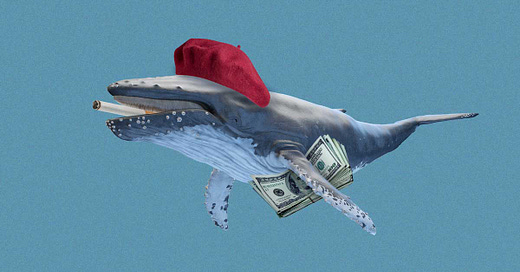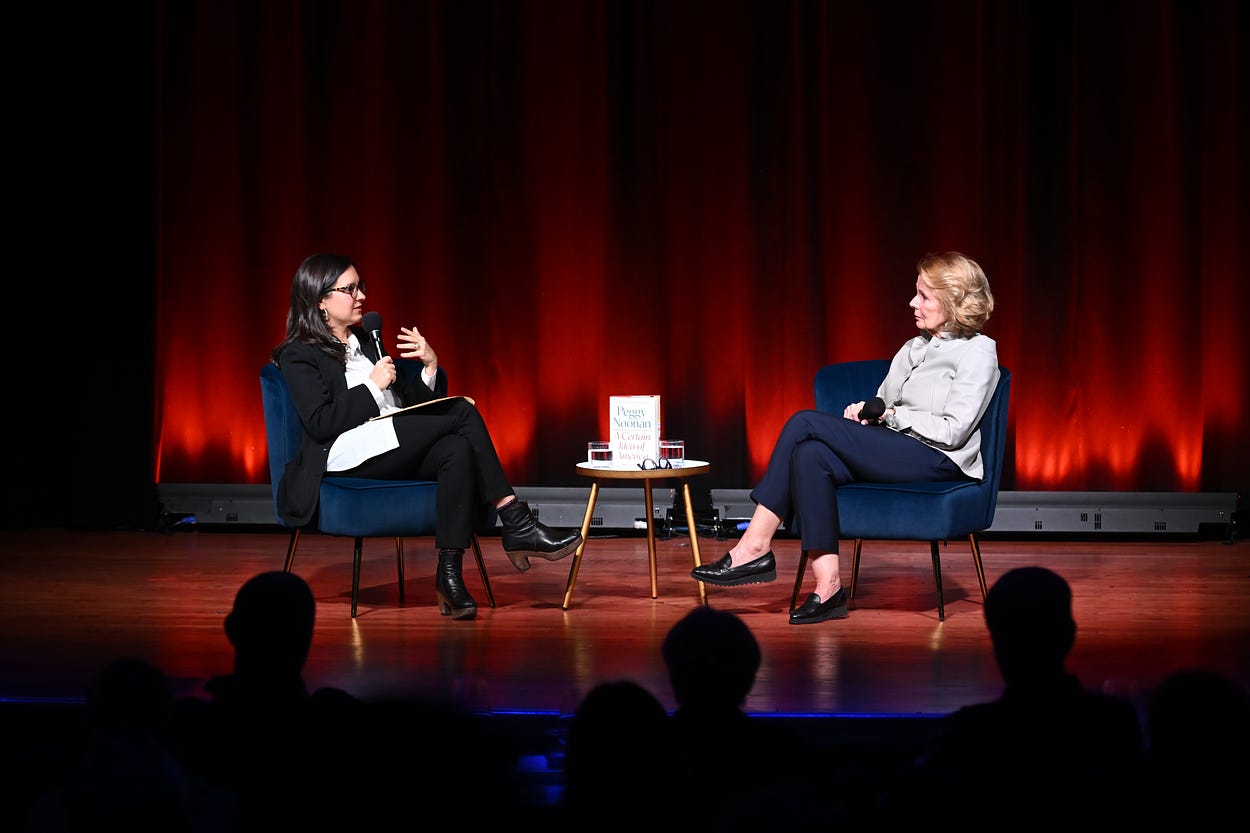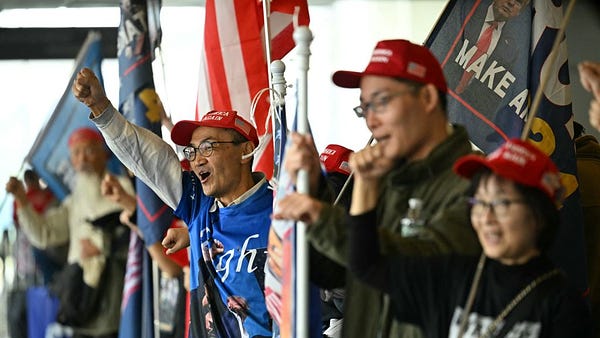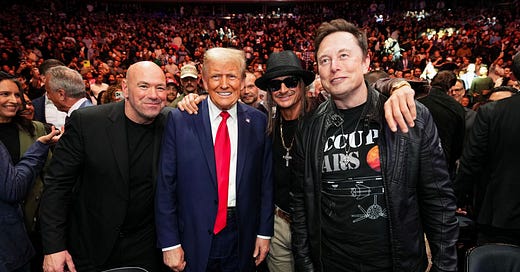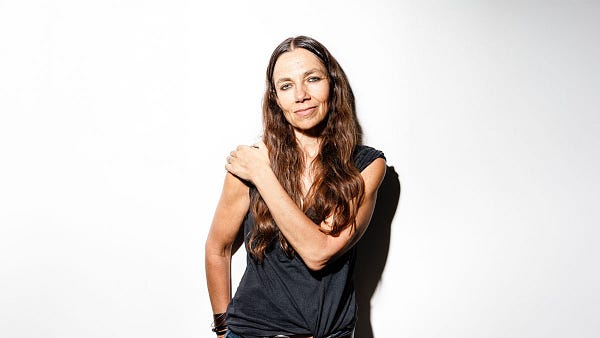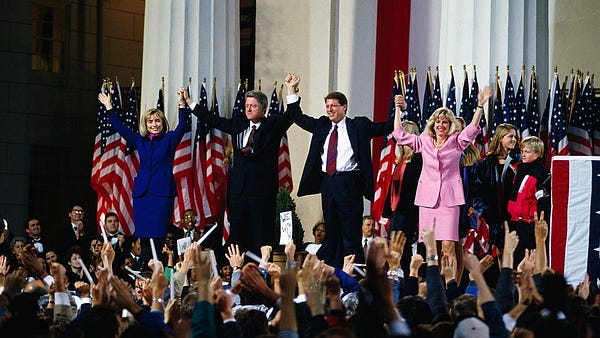
On October 15, three weeks before the presidential election, Ashley Grosse heard that a Frenchman wanted to run a study with the firm where she works, YouGov. In an email, the prospective client told the firm he wanted to poll “the current U.S. elections focused on three swing states, specifically Pennsylvania, Michigan, and Wisconsin,” investigating the “shy voter effects” within the next seven days. “The faster, the better,” he wrote.
Soon Grosse, the general manager for YouGov’s Scientific Research unit, found herself in a Zoom meeting with the Frenchman, where she agreed to conduct the polling he wanted. What she went on to discover with her poll led him to place the single largest bet ever made on an election. His wager was that Donald Trump would win—and win big.
“I had conviction,” the high-rolling whale told me over the phone last week, “so I bet a lot of money.”
That a trader living in Europe was able to predict such a decisive victory when every major professional pollster was forecasting a dead heat is one of the most surprising tales of the U.S. election. Now, the Frenchman is revealing to The Free Press exclusive details about how he did it.
In our conversations by phone and email, I discovered he is a trader who wanted to go by the pseudonym “Théo,” because he said disclosing his identity “would disrupt my life, as my family and friends are not aware of the extent of my wealth. It will also seriously endanger my safety and that of my kids.”
Back in October, Grosse—who knows Théo’s true identity—told him it was extremely difficult to gauge the preferences of so-called “shy voters,” who either can’t be reached or refuse to talk to pollsters. But Théo said he had an idea. He had seen some academic literature about “social circle polling,” in which pollsters asked people not only who they were voting for but who they thought their acquaintances were voting for. Those polls had performed well. He wanted Grosse’s team to do something similar: Ask people in the three swing states who they thought their neighbors were planning to vote for. Grosse later told me she found his idea “intellectually interesting,” but she was skeptical the neighbor question would unearth anything useful.
But Théo was convinced it would smoke out a major preference for Trump over Kamala Harris that was hiding in plain sight. “It was clear to me that most of the polls were skewed to the advantage of Harris by. . . ignoring the shy Trump voter effect,” he wrote to me in an email.
What Grosse didn’t know—what nobody knew at the time—was the reason he was commissioning the poll: He was placing multimillion-dollar bets with Polymarket, the popular prediction market. Even before engaging YouGov, he had wagered $30 million on Trump. Once he saw the results of the neighbor question at the end of October, he went all in, using 11 different crypto accounts to raise his stake to $80 million. In fact, he was so confident Trump would win, he told me he sold off virtually all his liquid assets to raise the $80 million for his wager.

